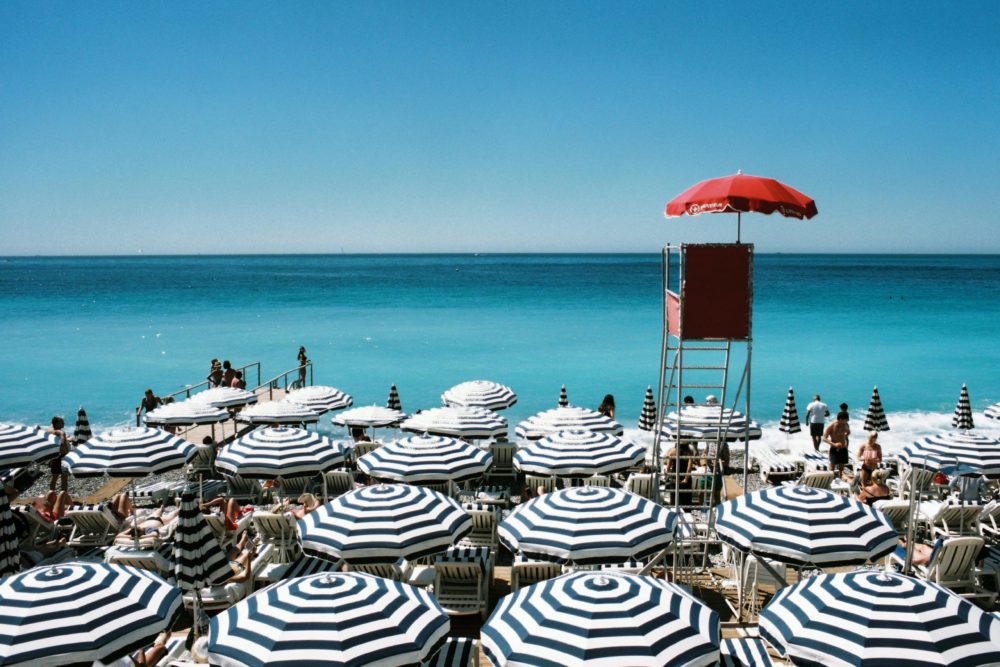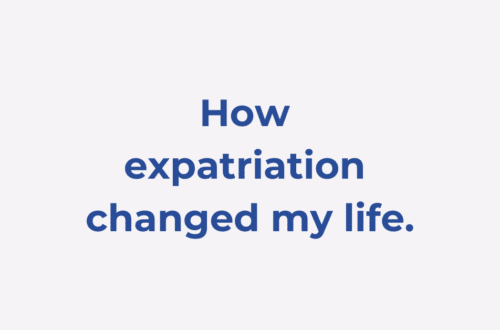Table of Contents
What is normal?
Since I’m an adult, I’ve lived abroad for more than 7 years in 6 different countries. Each experience was different and, as time was passing, I was getting used to the culture shocks.
I was getting used to the fact that the little things that I would consider «normal» in France wouldn’t be in my new adoptive country.

After a while, I understood that it was better to avoid the word “normal” when expatriating. My normal as a French person is not the British normal or Brazilian normal for example!
I try to use this word as little as possible as in some instances this can seem judgmental. If your norm is not the other person’s, it sometimes leads to a value judgement and can be considered as a lack of respect. And it can sometimes be one, even unintentionally.
Even though my intercultural adaption skills had developed, I had recurring culture shocks. Let me tell you 3 major ones today. I’ve experienced them in most of the countries where I’ve lived differently.
As an expat in France, you may be surprised in a positive or… negative way on the same topics. Let me know what you think and what you have experienced so far.
The concept of food
You may have understood already that I’m a food lover, a gourmande (I talk more about it in this article about the traditional French meal). As an expat, I had the chance to discover many new and different kinds of ingredients and cuisine. I even have integrated some of them into my food habits when possible.
I loved the Sunday pub roast in London, the Argentinian BBQ and culture of mate, the Brazilian homemade breakfast, the Spanish tapas, the Canadian pancakes…
Besides the food discoveries, and the new recipes and the ingredients, it was more the differences in the idea of food that were surprising me.

Food is pleasure
The strongest culture shock for me was the difference between the conceptions of food in Latin countries (Southern Europe and South America) versus the Anglo-Saxon countries.
I associate all the Latin countries together as I found a similar approach to food there, even though the national gastronomies are very different.
Whether I was in Spain, Argentina or Brazil, I found a similar wish to enjoy the food. For most French people, including myself, food is associated with pleasure, and pleasure to happiness.
If I’m not happy with the meal I just had, I can be grumpy or disappointed. And this will impact my mood for the rest of the day. Having a sandwich for lunch would be either because I’m in a rush or because I’m hiking or having a picnic. It will very rarely be a pleasure unless it is a gourmet one…
Readers who liked this post also read How to master the art of eating cheese like the French?
Mademoiselle Guiga from Expat in France
Food is energy
I found that in Anglo-Saxon countries, food is linked to energy rather than pleasure. It is a way to go by the day and continue being productive. Of course, people eat in France because they are hungry, but there will always be research for pleasure and taste, a least as much as possible.
I felt, that in Anglo-Saxon countries, the idea of pleasure would be only for special occasions and not everyday eating. If you are from an Anglo-Saxon country, I would be interested in knowing more about your perception of food. Don’t hesitate to let me know in the comments.
Behaviour towards women
My Irish experience
There is a lot to say about this topic, so I will only mention some portion of it.
My first long expatriation was in Ireland Dublin; I was a young woman of 19 years old. I went there as part of my first year at University. I lived there for 8 months.
Before this experience, I had never really thought about men’s behaviour or the way they show their interest in women.
A French woman gets used to receiving comments on the streets or even feelings looks. Most of the time, we don’t even pay attention, often it bothers us, and sometimes it can be pleasing. This was very unconsciously printed in me at the age of 19!
When I arrived in Dublin, after a few months, a guy complimented me in the street and I found myself shocked! I realised that it hadn’t happened in a while, and I started feeling transparent like I wasn’t there! How weird! As if, as a woman in France, we unconsciously would need the men’s acknowledgement to feel we actually are and exist, how sad!
Somehow, I felt that women in Ireland and also in the UK, are freer to be themselves and not to fill a social pattern to behave, not be loud, not to drink too much, be proper… Women can be just individuals and it doesn’t matter how they dress. I have to admit that I was first very shocked to see women drink 10 pints or even more on Friday nights. I couldn’t understand how this would be physically possible or even acceptable… As if this would be more acceptable for men in France, also very sad…Well, I started to enjoy this freedom of just being an individual and not first a woman. Don’t think I started drinking dozens of pints! I think my body still wouldn’t handle it!
My Argentinian experience
Well, when I moved to Argentina, this was a whole other story!!! I felt that France was very northern! I definitely wasn’t transparent! On the contrary, I felt like a piece of meat! Literally! Argentinians love meat and even more men. It’s like the more meat you eat, the manlier someone can be! Well, men would address women in the street as if we would be steaks on legs!!! At first, it can be funny, annoying, then revolting and in the end, I ended up ignoring it, the same way as I was doing in France. It is just an all-other level! And I’m not even talking about being listened to…
It’s funny because when I told this story to a good British friend of mine that lived in France. She answered that the way I felt in Argentina, was the way she was feeling in France! It’s all a matter of reference!

Expressing one’s opinion
You may have noticed, French people do not have any problem expressing their opinions and especially when we don’t agree or comment on other people’s behaviour. Again, I realise that I learned more about my own culture and behaviour when being an expatriate. Different behaviours make us reflect back on our own.
So, the first time, I realised that French people were speaking up and demanding more was in Ireland.
At the time I was working at the Ryanair call centre in Dublin. It has now been outsourced.
All the call centre operators were receiving fixed pay and about one-third of our paycheck was based on incentives. The more sales and changes to bookings we were making, the more incentives we were receiving.
And one day, out of nowhere, management decided to decrease the incentives by at least 30% (I don’t remember the exact number) for all operators. And it is not like we were making extravagant money!
Well, during the meeting, only 3 people spoke up! Two French and one Italian! The big majority of the staff was Irish. They were the ones with the most seniority, and they would be the most impacted, and no one said a thing! It was just beyond all understanding for me… When talking with my Irish colleagues afterwards, they commented that it wouldn’t have changed anything. Well, if the majority had spoken up, it may have been different…
I will not get into politics here… this is not the subject. But French people learn at school to argue and debate, and it’s OK to disagree as long as there is respect. Defending our opinion, whatever the context, is socially accepted and even normal. However, I’m not sure how it is taken to do so in a country where arguing and debating is not the norm. Any ideas?
Maybe my culture shock experience will give you some insights into French culture. I hope it will… If you have any questions or comments, let me know below.



